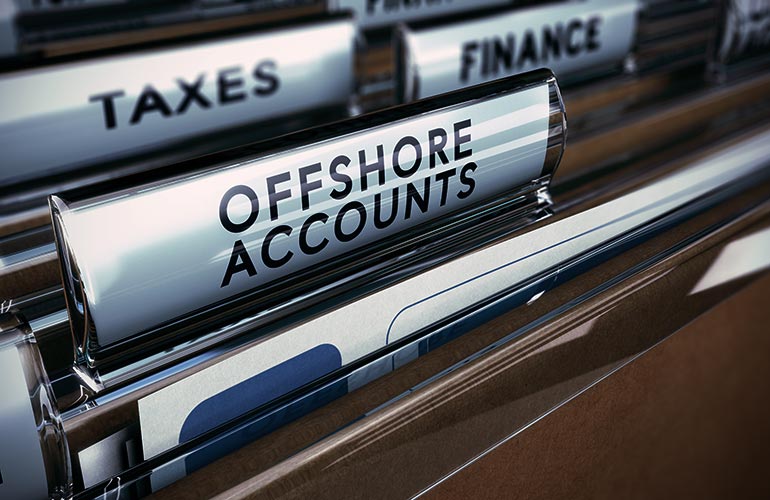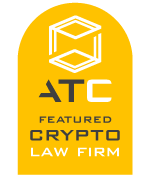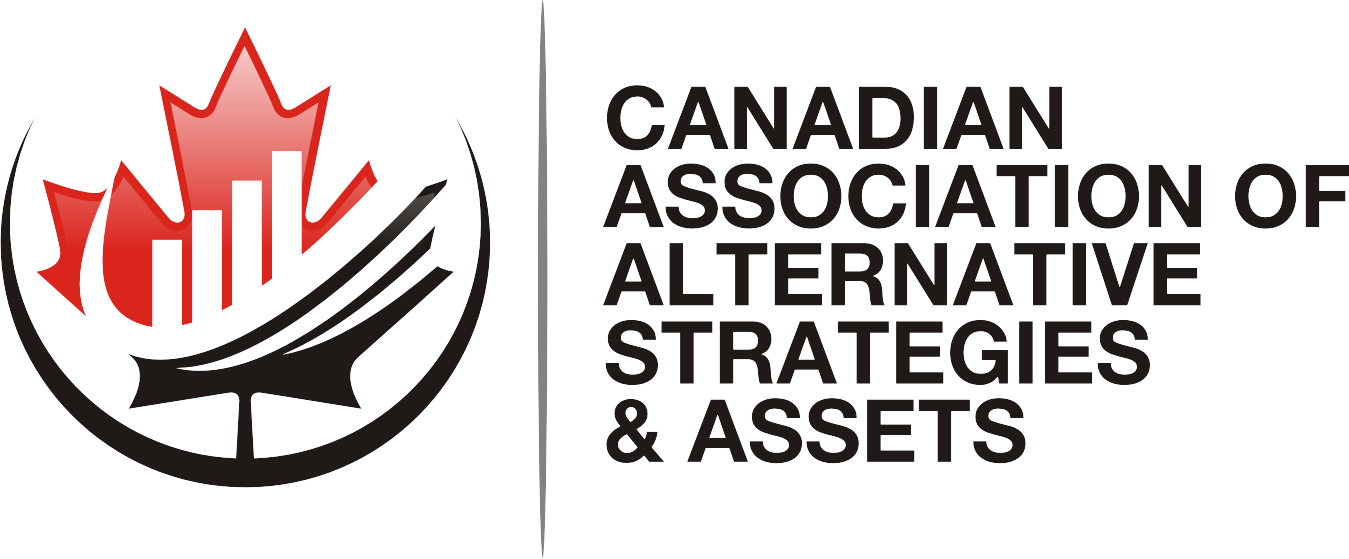
Written by: Aaron Grinhaus
Not written by: AI/Chat GPT
Offshore structuring has a bad rap. In recent years, exposés, investigative journalists and various documentaries and movies sensationalized how billionaires and big corporations stashed money abroad in hidden bank accounts to avoid taxes, which has drawn the ire of the public and the scrutiny of regulators. One thing you didn’t see a lot of at the time was crackdowns or court cases when it came to those structures before they were exposed publicly. That is because nothing that those billionaires or corporations were doing was illegal, not when it came to the structures anyway.
The fundamental principle of tax structuring, as was proclaimed in the seminal Duke of Westminster case (Inland Revenue Commissioners v. Duke of Westminster [1936] A.C. 1; 19 TC 490), was that you may structure your affairs in any way you like to minimize your tax liability, as long as it is within the existing legal framework. This allowed tax professionals to engage in a dialogue with the legislature and regulators to push the limits of what can be done within the law. Professionals came up with creative ways to get around paying tax, while the legislature chased them with a needle and thread trying to sew-up the holes that were being created.
In 2016 the Panama Papers, an exposed list of offshore corporation and bank accounts used by high-net-worth individuals (and criminals) to shelter money, created a backlash against such extreme structuring to avoid tax. It also drew scrutiny from anti-money laundering government agencies. Since then, governments and intergovernmental organizations, such as the Organization for Economic Cooperation and Development (OECD), have come up with strategies to combat tax avoidance by creating some new tests, bolstering old ones and creating international cooperative efforts such as a global minimum tax. These moves effectively emaciated the draw of low-tax jurisdictions. Although the global minimum tax only applies to ultra high revenue corporations, it is a step among many to deter offshore structuring.
That having been said, there are still opportunities to benefit from such structures when used for legitimate purposes. Here are a few of the most common:
1) Intellectual Property (IP), Information Technology (IT) and Cloud-Based Businesses. If your business requires expertise which is not based in one country, does not have assets or brick and mortar locations which are located in one country, and does not have users or customers who are located specifically in one country, then the business itself, depending on who controls it, could be deemed to be located in a jurisdiction of your choice, including a low tax jurisdiction, if certain requirements are met.
2) Real estate ownership. If you are buying property in an offshore jurisdiction to use for a business such as a vacation rental, then setting up a corporate structure and dealing with professionals will be necessary and can add a layer of liability protection.
3) Immigration purposes. If you are looking to immigrate to certain countries, such as the United States or a country in the Caribbean, creating a corporation in the jurisdiction can help you get there.
4) Business Presence. Depending on your industry, your customer’s needs, and regulatory requirements, if you do business in a certain jurisdiction you may need to have certain registrations such as tax numbers and business licenses which are much more easily acquired through a corporate structure.
Grinhaus Law Firm has a niche expertise in helping Canadians structure cross-border corporations in the United States and offshore structures in the Caribbean. With our network of contacts and infrastructure in those jurisdictions we are able to provide full-service setup for real estate purchases, corporate structures and tax advice in order to establish a legitimate presence in those jurisdictions. Please contact us should you wish to learn more about the opportunities, process and costs of establishing a presence in the United States or offshore, we would be happy to use our expertise to guide you through the process and manage the project from start to finish.
PLEASE NOTE: THIS IS NOT INTENDED TO BE LEGAL ADVICE AND SHOULD NOT BE RELIED ON AS SUCH. IT IS IMPORTANT THAT YOU CONSULT A LICENSED PROFESSIONAL TO ADDRESS THE NEEDS OF YOUR PARTICULAR CIRCUMSTANCES.





